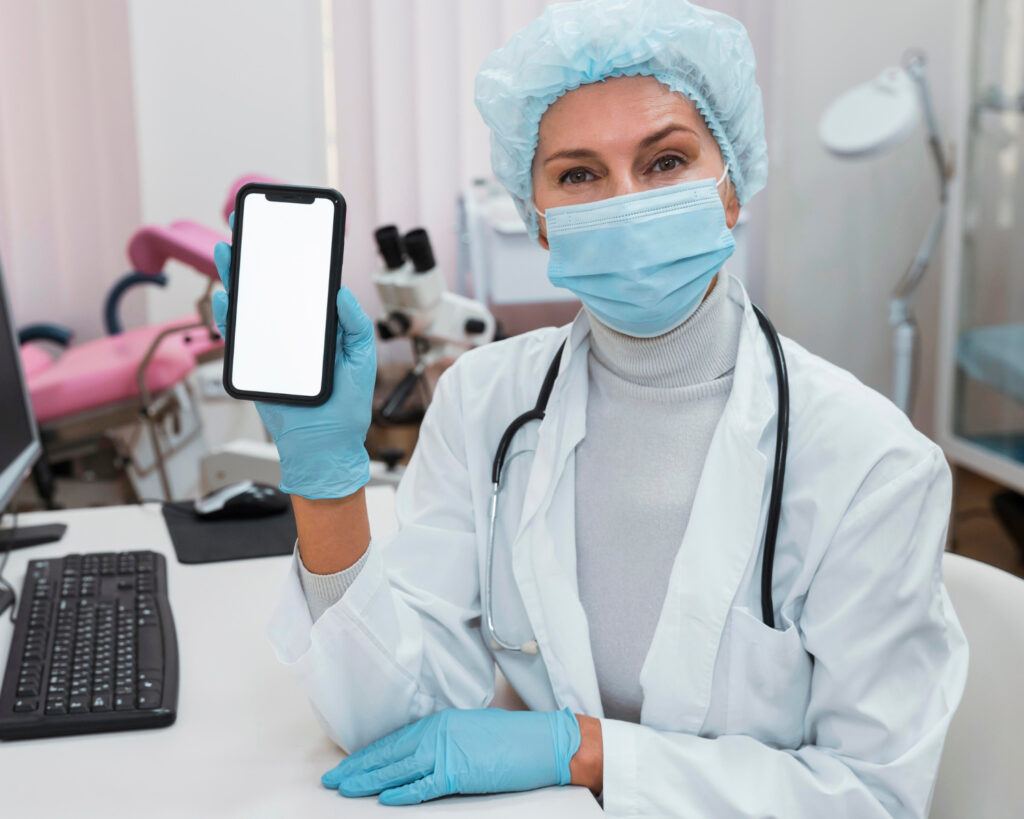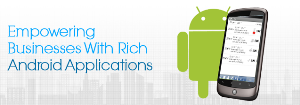
In the age of digital transformation, mobile applications are revolutionizing the way healthcare is delivered and experienced. From empowering patients to enhancing clinical efficiency, mobile app development holds immense potential for driving success in the healthcare industry. In this blog post, we’ll explore how healthcare providers can leverage mobile app development to transform their practices and achieve greater success.
How is Mobile App Development Transforming Healthcare
1. Empowering Patients with Accessible Healthcare
Mobile apps enable patients to access healthcare services and information conveniently from their smartphones. Whether it’s scheduling appointments, accessing medical records, or receiving telemedicine consultations, mobile apps empower patients to take control of their health and well-being, leading to improved patient satisfaction and outcomes.
2. Streamlining Clinical Workflows and Enhancing Efficiency
Mobile apps streamline clinical workflows by digitizing processes such as patient registration, data entry, and communication among healthcare professionals. With features like secure messaging, real-time updates, and electronic health records (EHR) integration, mobile apps optimize efficiency, reduce administrative burdens, and improve coordination of care.
3. Enabling Remote Monitoring and Telemedicine
Mobile health (mHealth) apps facilitate remote monitoring of patients’ health status and enable telemedicine consultations, particularly useful for patients in remote or underserved areas. By leveraging mobile apps for remote monitoring of vital signs, symptoms, and medication adherence, healthcare providers can deliver timely interventions and personalized care, leading to better patient outcomes.
4. Promoting Patient Engagement and Wellness
Mobile apps promote patient engagement and wellness by providing access to personalized health information, educational resources, and wellness programs. Through features like fitness tracking, nutrition planning, and medication reminders, mobile apps empower patients to adopt healthier lifestyles and proactively manage their health, resulting in reduced healthcare costs and improved overall well-being.
5.Harnessing Data Insights for Informed Decision-making
Mobile health apps generate valuable data insights that enable healthcare providers to make informed decisions and improve clinical outcomes. By analyzing patient-generated data, healthcare organizations can identify trends, predict health risks, and implement preventive measures to mitigate disease progression and complications, leading to more proactive and personalized care delivery.
6. Ensuring Compliance with Regulatory Standards
When developing healthcare mobile apps, compliance with regulatory standards such as HIPAA (Health Insurance Portability and Accountability Act) is essential. Mobile app developers must adhere to strict security and privacy protocols to protect patient confidentiality and ensure compliance with regulatory requirements, safeguarding patient data from unauthorized access or breaches.
Conclusion:
In conclusion, mobile app development has the potential to revolutionize healthcare by empowering patients, streamlining clinical workflows, enabling remote monitoring and telemedicine, promoting patient engagement and wellness, harnessing data insights, and ensuring compliance with regulatory standards. By embracing mobile technology, healthcare providers can enhance the quality of care, improve patient outcomes, and drive success in the ever-evolving healthcare landscape. At Fusion Informatics, we specialize in developing innovative mobile app solutions for the healthcare industry. Contact us today to learn more about how we can help you leverage the power of mobile app development for healthcare success.




